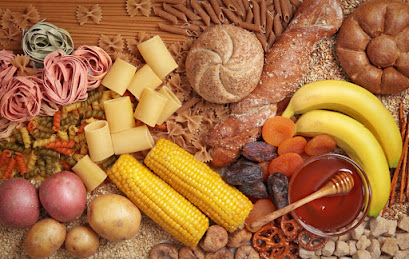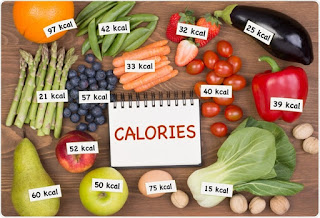CARBOHYDRATES

Carbohydrates · Macronutrient · Major source of Energy · 45% - 80% of total caloric intake · Inexpensive source of energy than fats and proteins · Present in foods in forms – sugar, starches and fibres. Classification of Carbohydrates · Classified on the basis of the number of sugar units present. · Also classified as: v Available carbohydrates- Which can be digested and gives energy when oxidised in the body v Unavailable carbohydrates – Which cannot be digested because human body doesn’t have enzymes for their breakdown. No energy but works in elimination of faecal waste. Sources of Carbohydrates · Cereals – Wheat, rice, jowar, bajra, oats, barley, corn, etc. · Pulses – All whole grains and dehusked pulses and their by-products. E.g. Rajma, besan, bengal gram, etc. · Fruits and vegetables – Mango, chikoo, jack fruit, banana, beans, potato, yam, coloc

